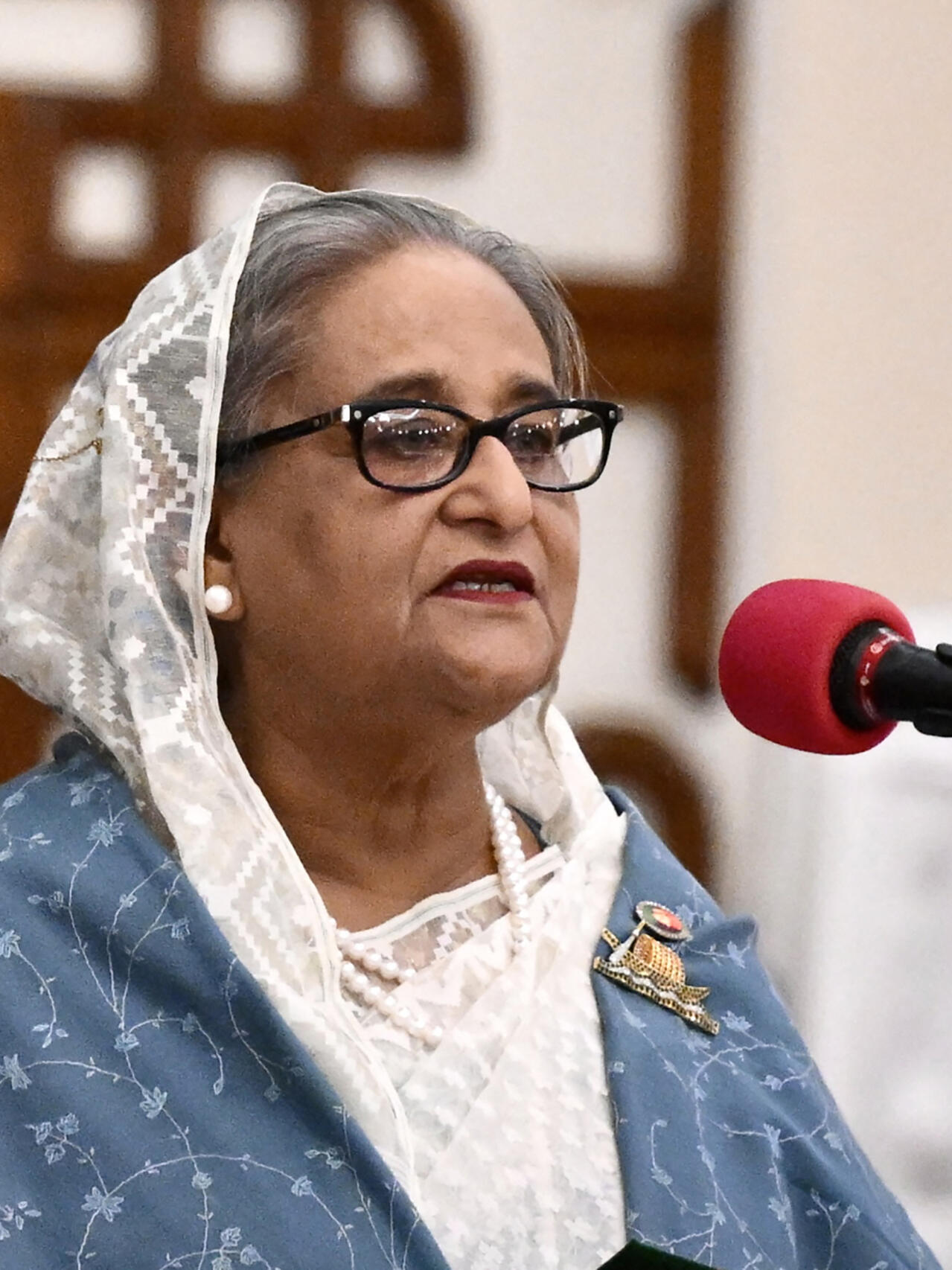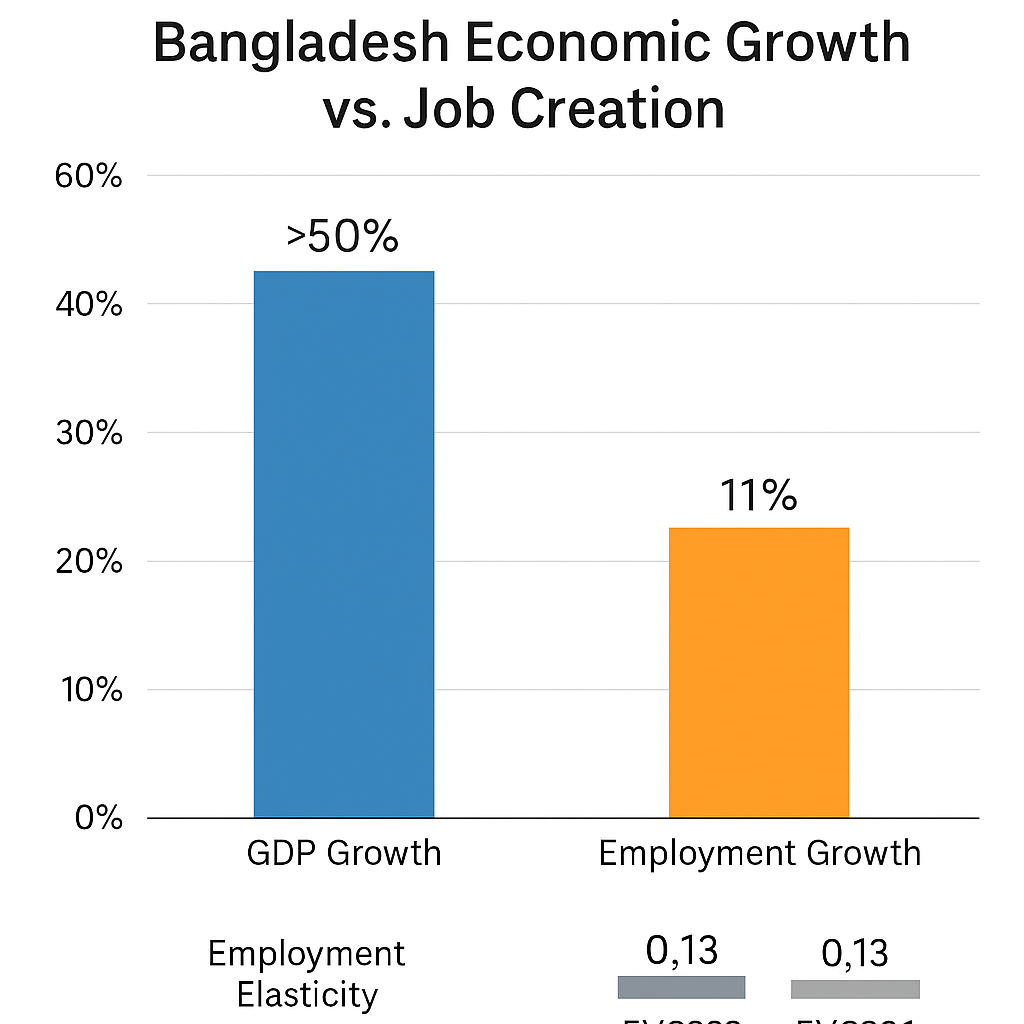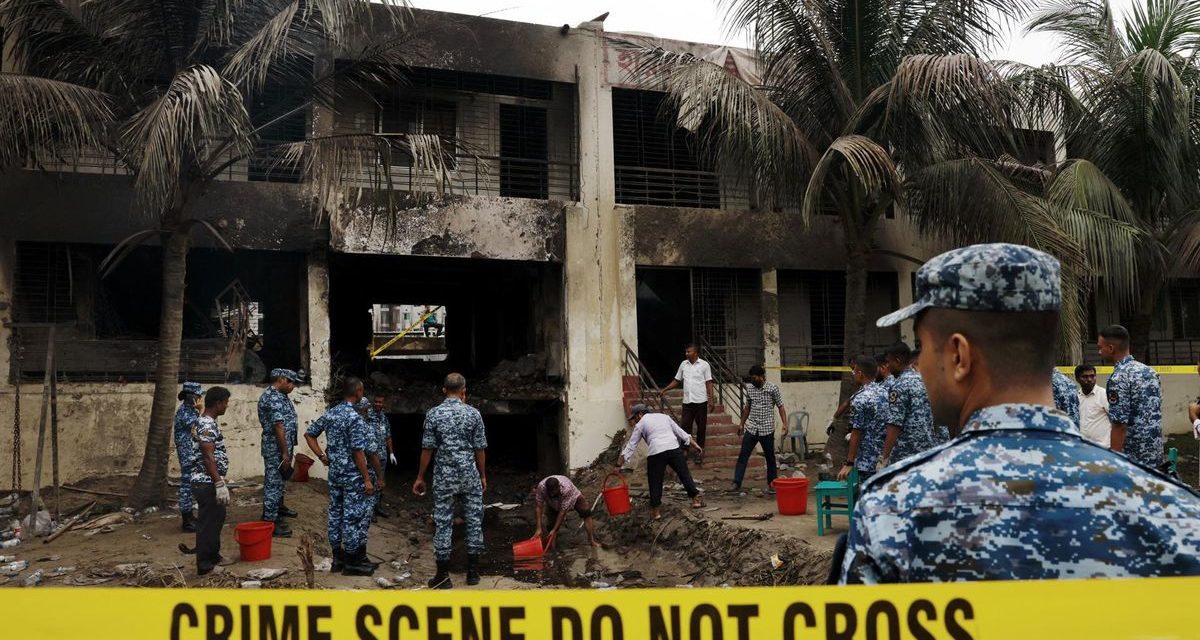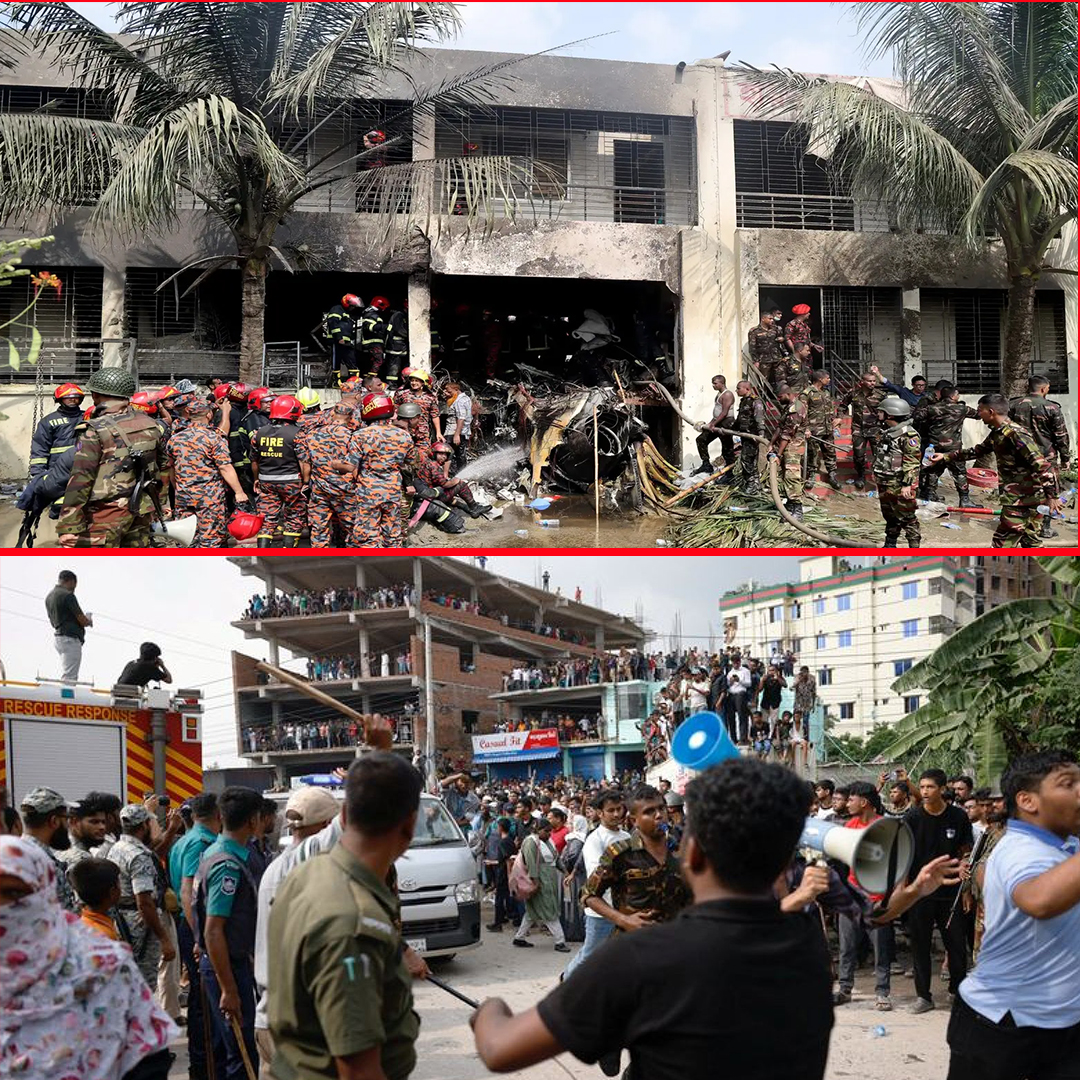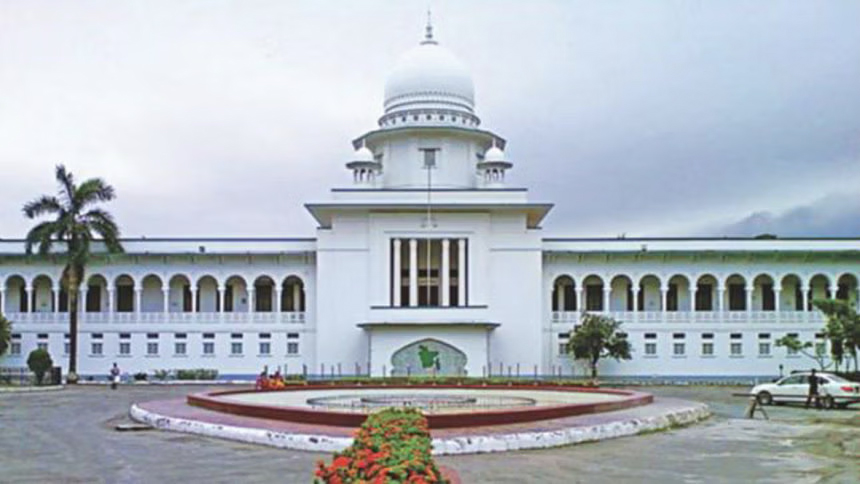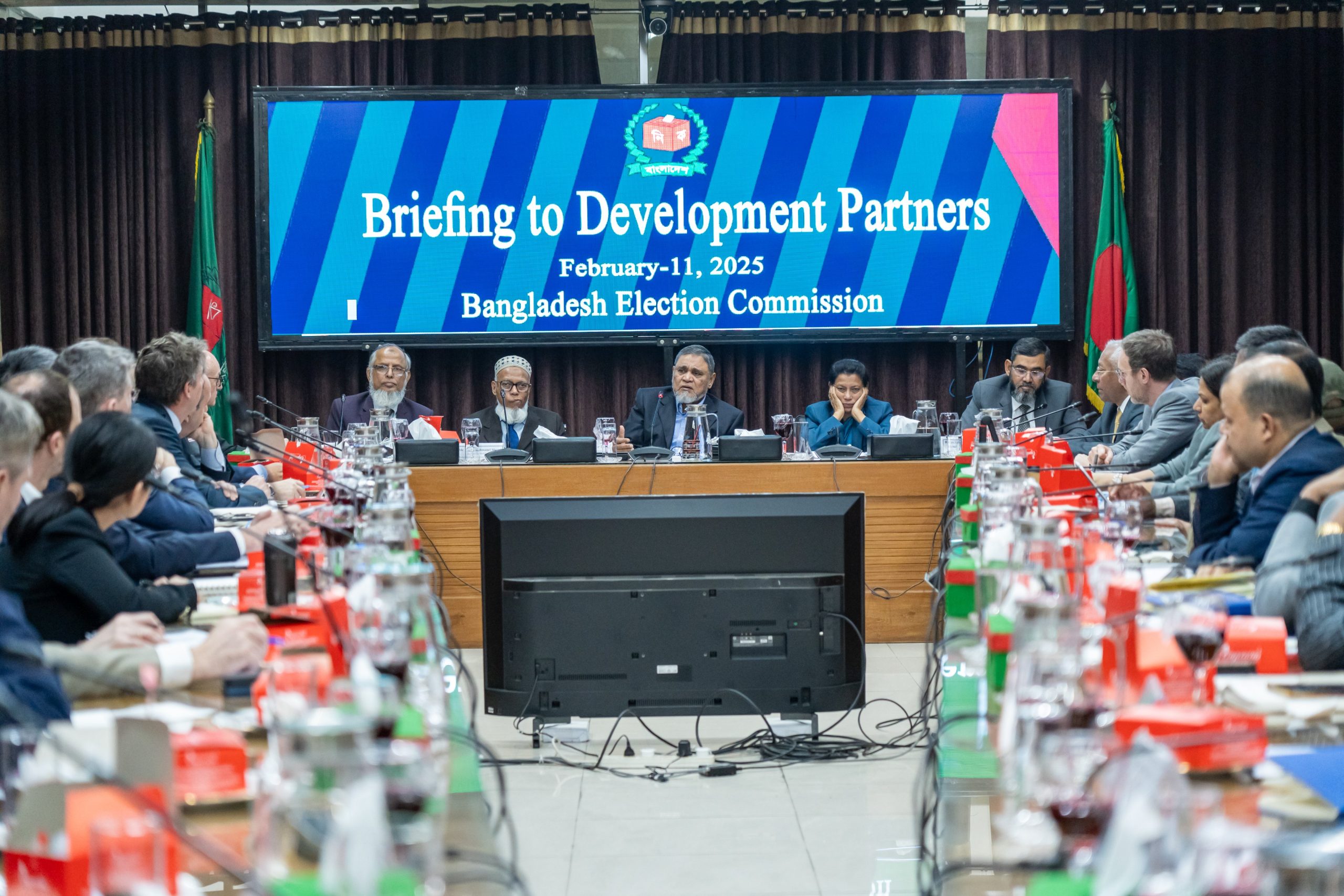
Commission to finalize over 40 types of election materials, including ballots, ID cards, and voter forms, by September as part of early push for transparent and efficient national elections.
As Bangladesh prepares for its next general election, the country’s Election Commission (EC) is moving to secure all necessary election materials by September 2025. This strategic step comes as part of a broader effort to ensure timely, transparent, and efficiently managed national polls. The EC’s latest announcement marks a significant milestone in its election preparedness timeline, signaling its intent to streamline logistics well ahead of schedule declaration.
Early Planning for Smooth Execution
According to Election Commission Secretary Akhtar Ahmed, the commission has already initiated the tender process for a wide range of essential polling materials. In a recent media briefing, Ahmed confirmed that more than 40 types of items are in the procurement pipeline. These materials include everything from voter registration forms and instruction manuals to ballot-related packets, candidate posters, and election ID cards for polling staff and observers.
The EC’s aim is to complete procurement and begin distribution of these items by early September—months ahead of the projected general election, which is expected to be held in late 2025 or early 2026. This early initiative is designed to avoid last-minute bottlenecks and the kind of logistical errors that have marred previous elections.
Types of Materials to Be Procured
The range of materials the EC plans to acquire includes:
-
21 different types of official forms used for polling, registration, and counting
-
17 types of secure packets used for transporting and storing ballots and electoral documentation
-
Five types of identification cards for election workers, observers, and volunteers
-
Printed copies of the electoral code of conduct
-
Symbol posters and voting manuals for display in polling centers
-
Training materials for polling officers and security personnel
Each of these items plays a vital role in facilitating an orderly and credible election process. From voter identification to vote counting and reporting, the availability and quality of these materials can significantly affect the outcome and public perception of the election.
Ballot Paper Printing Poses a Time-Sensitive Challenge
One of the biggest logistical hurdles the EC faces is the timely printing and distribution of ballot papers. Because the ballots must include the names and symbols of all valid candidates, printing cannot begin until nominations are finalized and the election schedule is officially declared.
Once that happens, the EC will need to act quickly to ensure the ballots are printed and distributed across the country without delay. Given Bangladesh’s geography and administrative complexities, this task is enormous and must be executed with precision. In recent election cycles, delays and errors in ballot distribution have led to criticisms of inefficiency and raised questions about the integrity of the process.
Voter List and Legal Amendments
Alongside material procurement, the EC is also in the final stages of preparing an updated voter list. A proposal to amend the current voter registration law is already under review by the Law Ministry. Once approved, this amendment would allow the EC to set a legal deadline for finalizing the voter list ahead of the election.
An accurate and up-to-date voter list is central to ensuring voter confidence and preventing fraud. In past elections, outdated rolls and duplicate entries have led to confusion and disenfranchisement. The EC is hoping that legal reforms and digital updates to the list will significantly improve transparency and accuracy.
Constituency Boundary Review
In addition to its logistical preparations, the EC is also reviewing a total of 76 applications for redrawing parliamentary constituency boundaries. These applications, submitted by political parties and civil society groups, call for adjustments based on demographic changes and administrative restructuring since the last delimitation.
Redistricting is always a politically sensitive process, as it has the potential to impact electoral outcomes. The EC has pledged to conduct the review transparently and in consultation with stakeholders, ensuring that any changes promote fair representation and comply with constitutional guidelines.
Significance of Early Preparedness
By aiming to finalize procurement months in advance, the EC is seeking to bolster public trust in the electoral process. This proactive approach comes after years of criticism over delays, political interference, and inefficiencies in election administration.
In previous election cycles, procurement delays have led to rushed printing, last-minute training for polling officers, and logistical confusion at polling stations. These issues have, at times, undermined the credibility of the electoral process. By setting a September deadline for readiness, the commission hopes to minimize such risks and present a more confident, capable image to voters.
Anticipated Challenges
Despite this early planning, several challenges remain:
-
Legal delays: If amendments to the voter list laws are not passed in time, it could affect the finalization of the electoral roll.
-
Tender competition: Procurement tenders may face delays due to bid disputes, price concerns, or supplier constraints.
-
Ballot printing timing: The tight window between candidate finalization and election day puts pressure on ballot production and distribution logistics.
-
Boundary disputes: Decisions on constituency boundaries could become contentious if not handled transparently.
Conclusion
The Election Commission’s decision to complete its procurement activities by September marks a key step in Bangladesh’s efforts to conduct a timely and credible election. While logistical, legal, and political challenges remain, this level of early preparedness sends a clear message: the EC is serious about reforming election management and rebuilding public trust.
With a comprehensive plan in motion, all eyes will now be on how well the commission can execute its strategy over the coming months. A smooth and well-organized election process in 2025 could serve as a turning point for democratic governance in Bangladesh.
source : thedailystar


